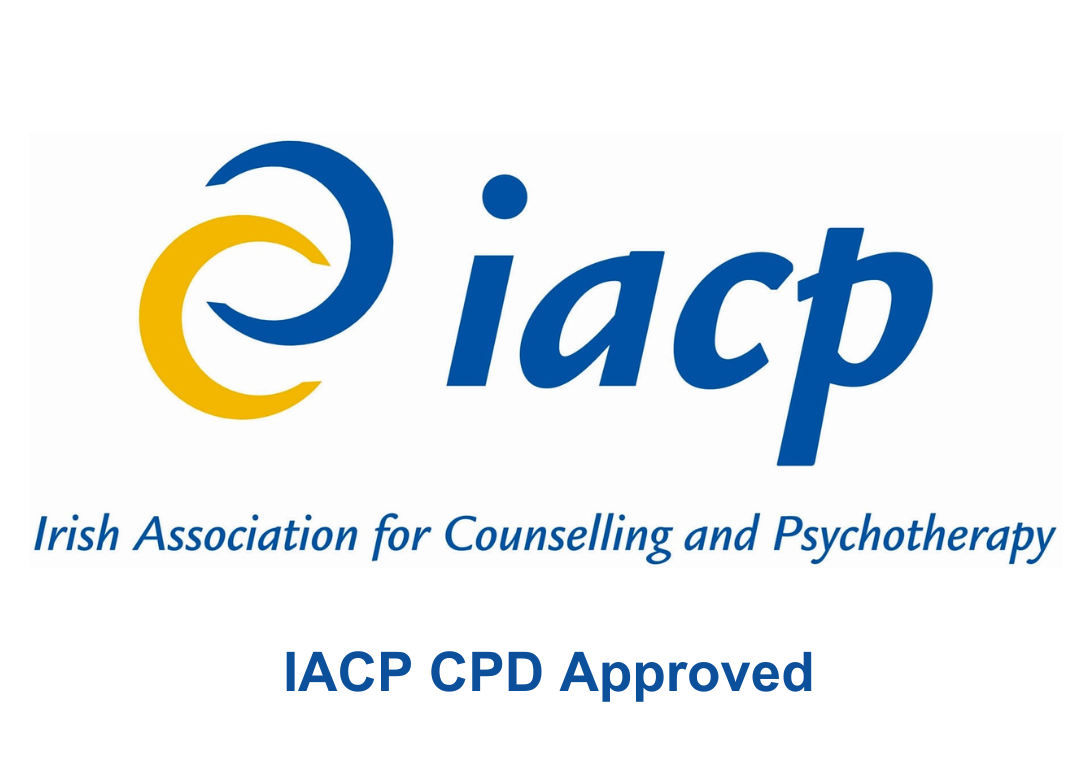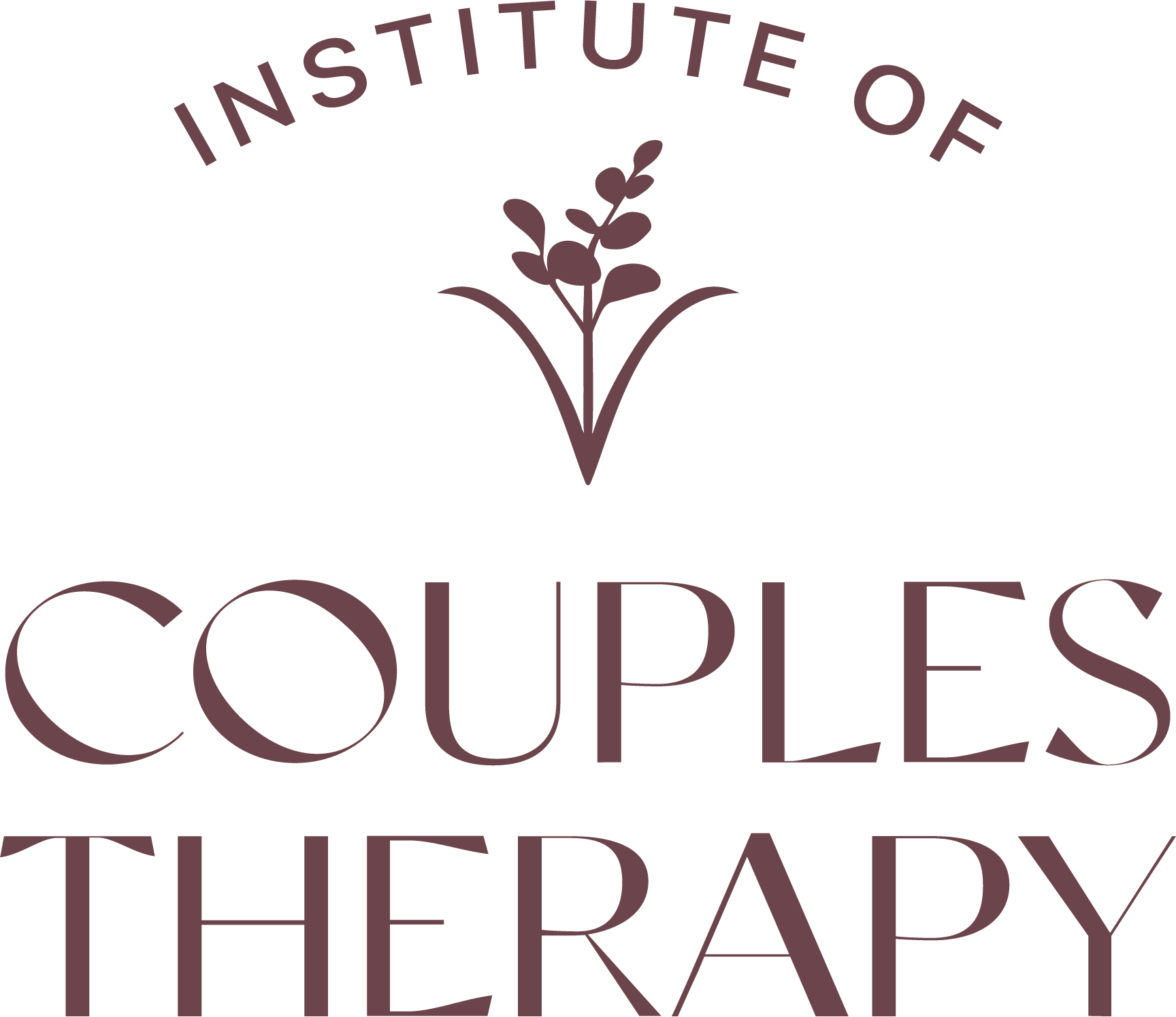The Institute of Couples Therapy is proud to offer the Postgraduate Diploma in Relationship Therapy, now entering its second year.
This year-long programme meets the currently recommended professional standards for relationship therapy and welcomes applications from both domestic and international candidates.
Using an integrative framework, this unique program equips therapists with advanced skills to work with a variety of relationship dynamics—from intimate partnerships to non-monogamous relationships, sibling bonds, and professional partnerships.
Our comprehensive curriculum blends Gestalt Therapy, the Developmental Model, Differentiation, Relational Life Therapy, and approaches by thought leaders like Salvador Minuchin and Esther Perel. Through engaging lectures, live demonstrations, video analysis,
skill-building exercises, and supervised client hours, therapists will gain hands-on experience and practical tools to navigate complex relationship dynamics.
As an added bonus, students enrolled in this programme will have access to all of our live and recorded CPD webinars for the entire course duration—including a library of past webinars and all upcoming sessions.
As part of your enrolment, you’ll also receive free access for one year to our ICT Therapist Directory – a searchable listing designed to help clients find qualified couples and relationship therapists. It’s our way of supporting you to step confidently into your professional identity and connect with those seeking your support.
This relationship psychotherapy diploma offers a transformative opportunity to deepen your professional practice and become a confident, skilled relationship therapist. Join us and be part of a pioneering program that sets the standard in relationship therapy training in Ireland.





